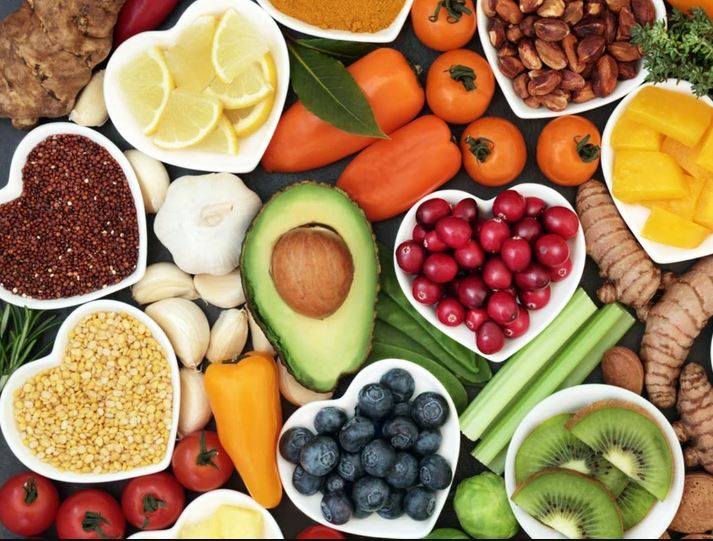There are no foods that entirely protect humans against cancer. The term “cancer-fighting foods” refers to foods that, when consumed, may reduce the chance of acquiring cancer.
The following foods include naturally occurring chemicals with significant anticancer properties:
Apples
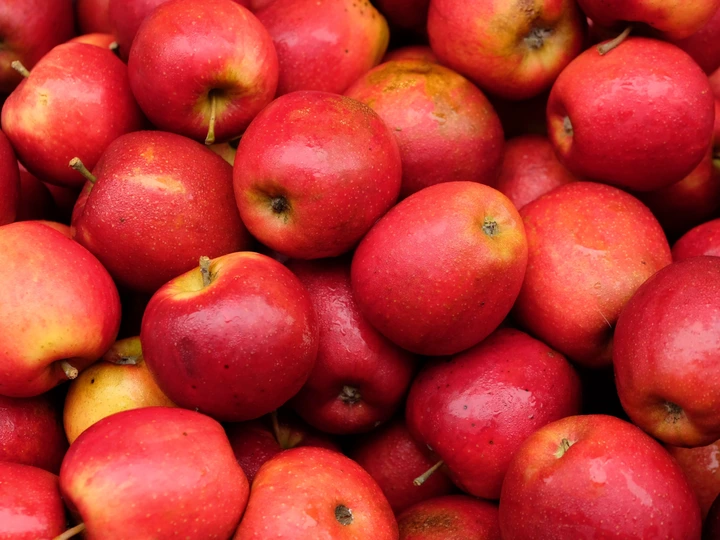 Apples are high in polyphenols, which have anticancer characteristics.
Apples are high in polyphenols, which have anticancer characteristics.
Polyphenols are plant-derived chemicals that may help to avoid inflammation, heart disease, and infections.
Polyphenols may have anticancer and tumor-fighting capabilities, according to some research.
The polyphenol phloretin, for example, inhibits a protein called glucose transporter 2 (GLUT2), which is involved in advanced-stage cancer cell proliferation.
According to a 2018 study published in the Journal of Food and Drug Analysis, apple phloretin suppresses the proliferation of breast cancer cells while having no effect on normal cells.
Berries
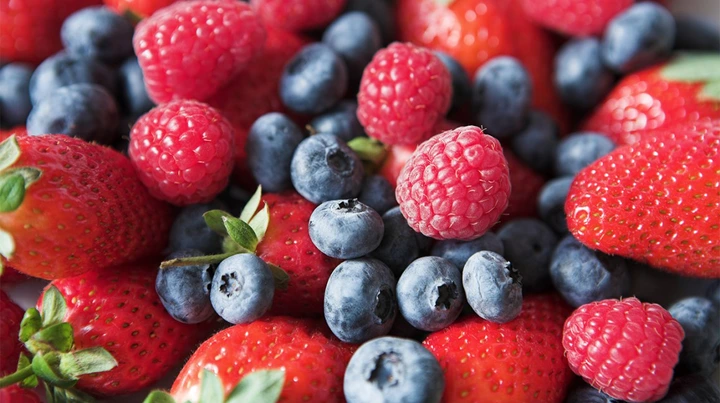 Berries are a good source of vitamins, minerals, and fiber. Because of their antioxidant characteristics and potential health advantages, berries have piqued the curiosity of scientists.
Berries are a good source of vitamins, minerals, and fiber. Because of their antioxidant characteristics and potential health advantages, berries have piqued the curiosity of scientists.
According to one investigation , anthocyanin, a chemical found in blackberries, decreases indicators for colon cancer.
According to another investigation, blueberries’ anti-inflammatory properties can prevent the growth of breast cancer tumors in mice.
Cruciferous Vegetables
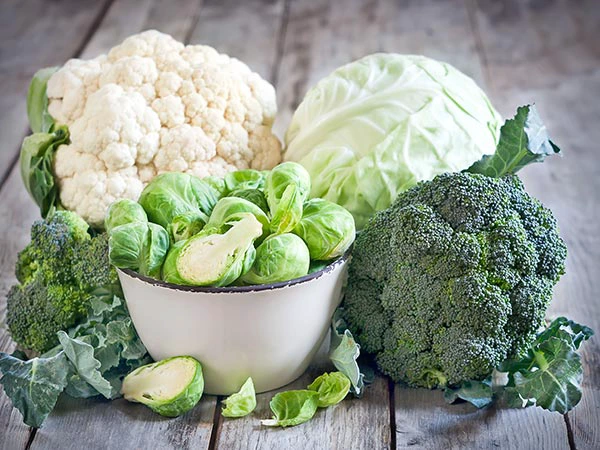 Vitamin C, vitamin K, and manganese are among the nutrients found in cruciferous vegetables like broccoli, cauliflower, and kale.
Vitamin C, vitamin K, and manganese are among the nutrients found in cruciferous vegetables like broccoli, cauliflower, and kale.
Sulforaphane, a plant chemical with anticancer effects, is also found in cruciferous vegetables.
Sulforaphane reduces cancer cell proliferation and increases cell death in colon cancer cells, according to one study.
Another study found that combining sulforaphane with genistein, a chemical found in soybeans, can greatly reduce breast cancer tumor growth and size. Histone deacetylase, an enzyme linked to cancer formation, is also inhibited by sulforaphane.
According to one review, 3 to 5 servings of cruciferous vegetables are recommended per week for the best cancer-prevention effects.
Carrots
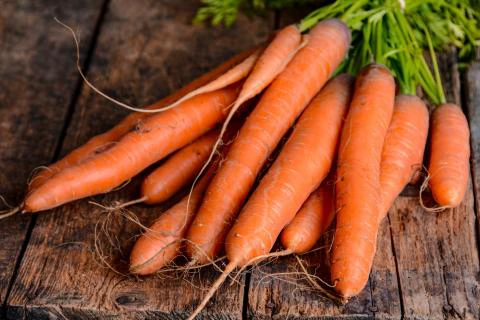 Carrots are high in vitamin K, vitamin A, and antioxidants, among other nutrients.
Carrots are high in vitamin K, vitamin A, and antioxidants, among other nutrients.
Carrots are also high in beta-carotene, which gives them their distinctive orange colour.
According to recent research, beta-carotene helps to maintain the immune system and may even help to prevent cancer.
According to a study conducted, beta-carotene is linked to a lower risk of breast and prostate cancer.
According to another study, eating more carrots reduces the incidence of stomach cancer by 26%.
Legumes
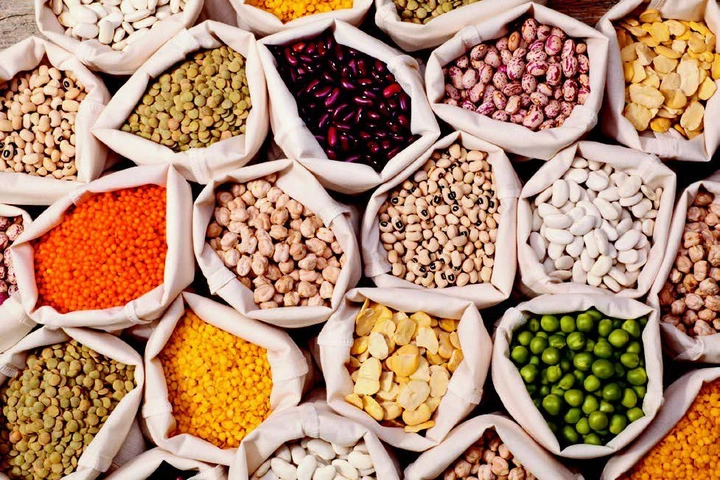
Legumes, such as beans, peas, and lentils, are high in fiber, which may help reduce a person’s cancer risk.
One meta-research found a link between higher legume consumption and a reduced risk of colorectal cancer.
Another investigation found the association between bean fiber intake and breast cancer risk is investigated.
According to the findings, persons who ate high-fiber bean diets were 20% less likely to acquire breast cancer than those who did not reach their daily fiber requirements.
Walnuts
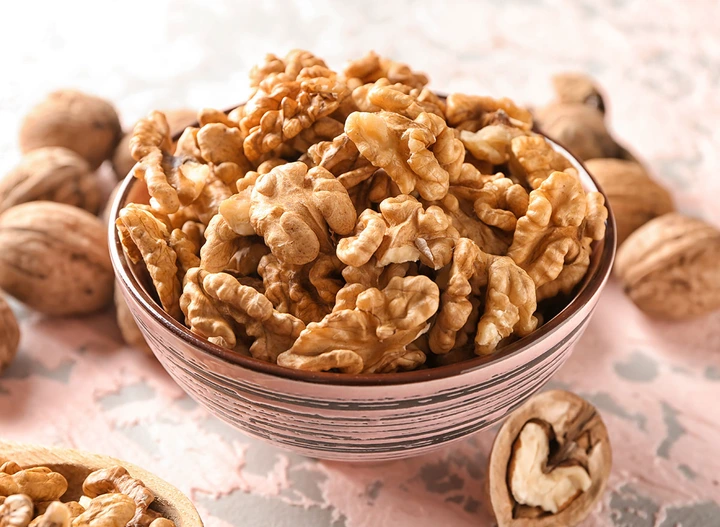 All nuts, according to the American Institute for Cancer Research, contain cancer-preventive characteristics, but walnuts have been examined more than other types of nuts.
All nuts, according to the American Institute for Cancer Research, contain cancer-preventive characteristics, but walnuts have been examined more than other types of nuts.
Walnuts contain pedunculagin, a chemical that the body converts to urolithins. Urolithins are estrogen receptor-binding chemicals that may help to prevent breast cancer.

 Entertainment6 days ago
Entertainment6 days ago
 Health1 week ago
Health1 week ago
 Health4 days ago
Health4 days ago
 Football1 week ago
Football1 week ago
 Football1 week ago
Football1 week ago
 Crime5 days ago
Crime5 days ago
 Education6 days ago
Education6 days ago
 Health6 days ago
Health6 days ago
